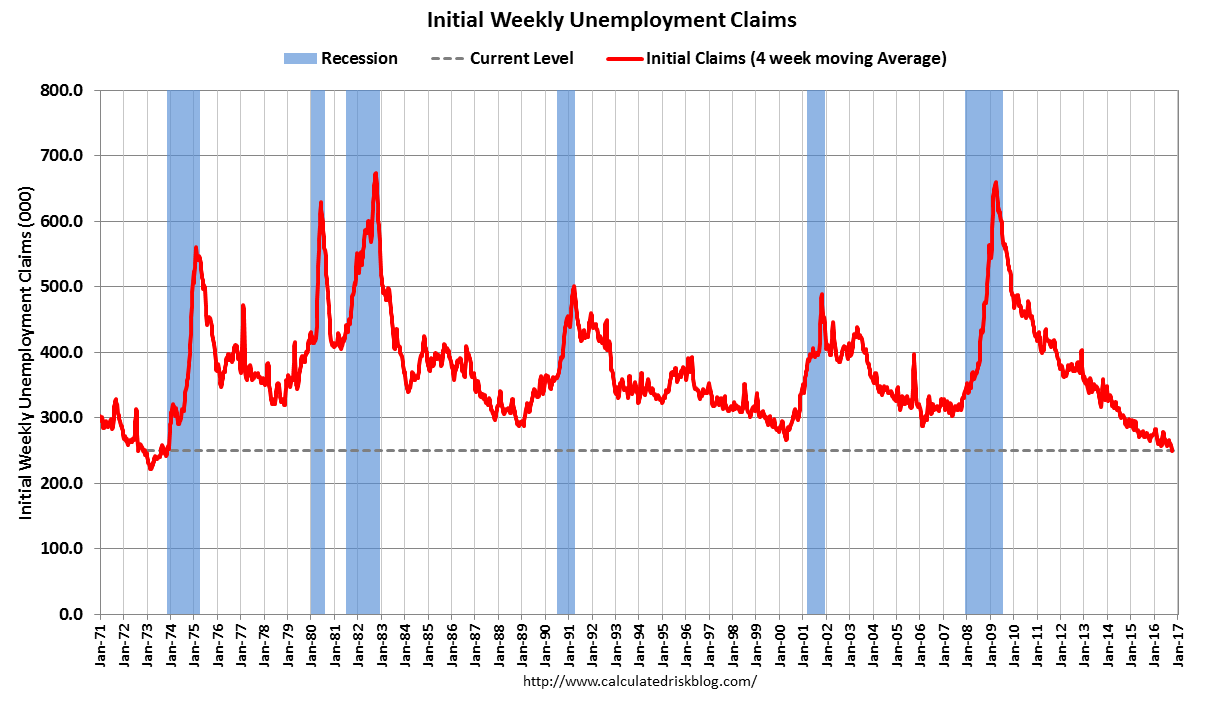What We’re Reading
Here are a few good articles the Collaborative Fund team came across this week.
First class
This is a fascinating piece on an anonymous entrepreneur’s experience buying a private jet:
Doing the math was not terribly encouraging at first. A coast-to-coast round-trip on a private jet sets you back about $25,000. Think of it this way: it’s like buying a new car—say a Toyota Camry—then abandoning it at the airport on every trip.
The winners
I love this essay on survivorship bias:
When looking for advice, you should look for what not to do … but don’t expect to find it among the quotes and biographical records of people whose signals rose above the noise. They may have no idea how or if they lucked up. What you can’t see, and what they can’t see, is that the successful tend to make it more probable that unlikely events will happen to them while trying to steer themselves into the positive side of randomness. They stick with it, remaining open to better opportunities that may require abandoning their current paths, and that’s something you can start doing right now without reading a single self-help proverb, maxim, or aphorism. Also, keep in mind that those who fail rarely get paid for advice on how not to fail, which is too bad because despite how it may seem, success boils down to serially avoiding catastrophic failure while routinely absorbing manageable damage.
Looking ahead
Tyler Cowen says the view that companies cling to short-term thinking at their own expense ins’t as clear as many make it out to be:
Companies often see their short-term problems staring them in the face – think of the need to fire an incompetent manager or lease more office space. It is harder to predict the market 20 years hence, especially when information technology is involved, and thus planning so far out can involve a lot of expense and risk.
Plenty of companies have made big mistakes from thinking too big and too long-term; for instance, a lot of mergers were based on notions of long-run synergies that never materialized. In reality, short-term improvements are often the best way to get to a good long-run plan.
You’re wrong
Paul Graham wonders what current popular belief will be morally objectionable in the future:
It seems to be a constant throughout history: In every period, people believed things that were just ridiculous, and believed them so strongly that you would have gotten in terrible trouble for saying otherwise. Is our time any different? To anyone who has read any amount of history, the answer is almost certainly no. It would be a remarkable coincidence if ours were the first era to get everything just right.
R&R
U.S. companies now have a quarter-trillion dollars of unused vacation pay on their balance sheets:
“This is a $272 billion wake-up call for America’s business leaders that they cannot afford to ignore vacation,” said Project: Time Off Senior Director and report author Katie Denis. “Beyond the red mark on balance sheets, not taking time off hurts employee engagement and productivity, affects talent retention, and expedites burnout—all of which hurt a company’s bottom line.”
The best
Weekly unemployment claims are now at the lowest level since Richard Nixon was president:
Have a great weekend.